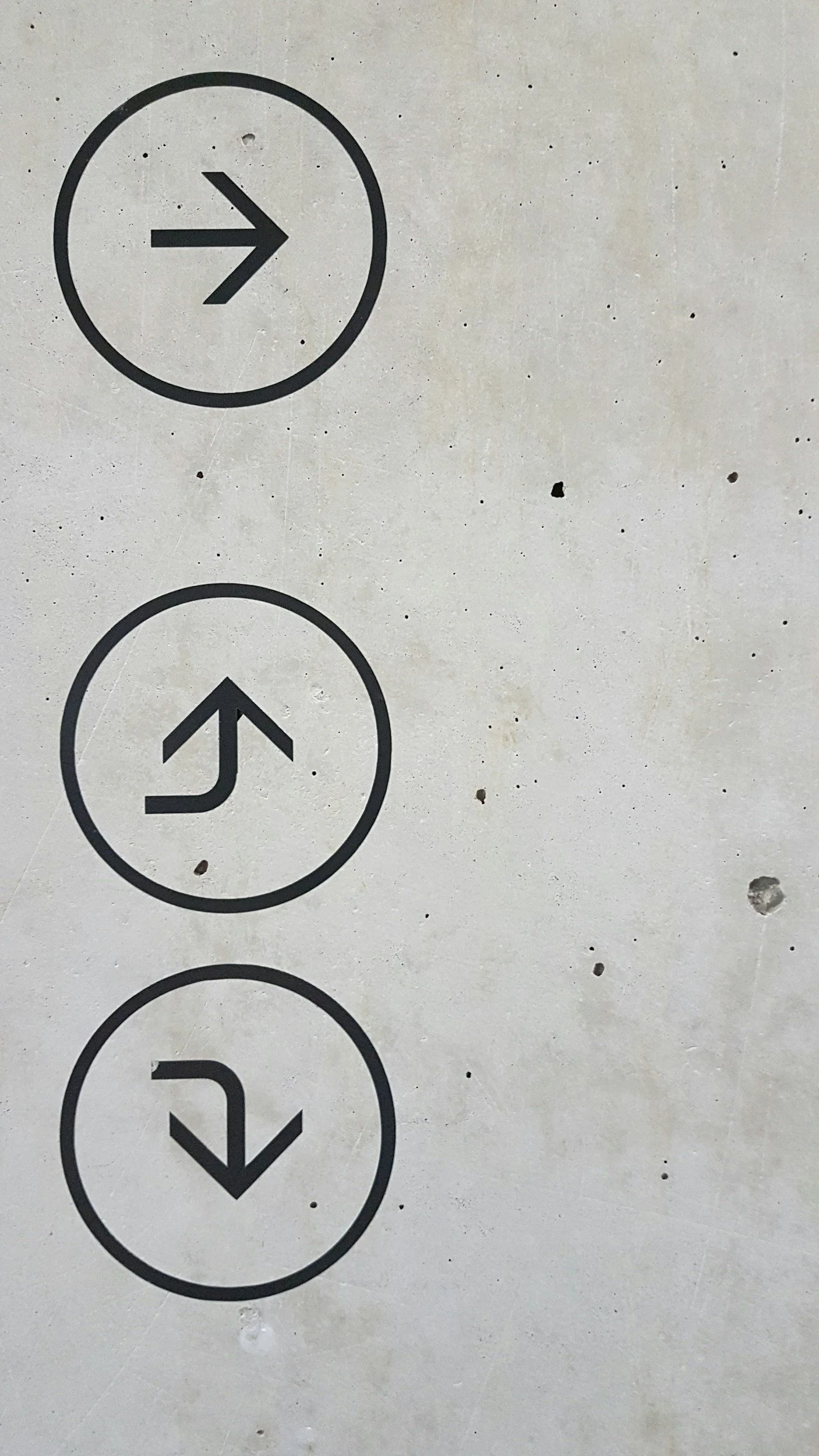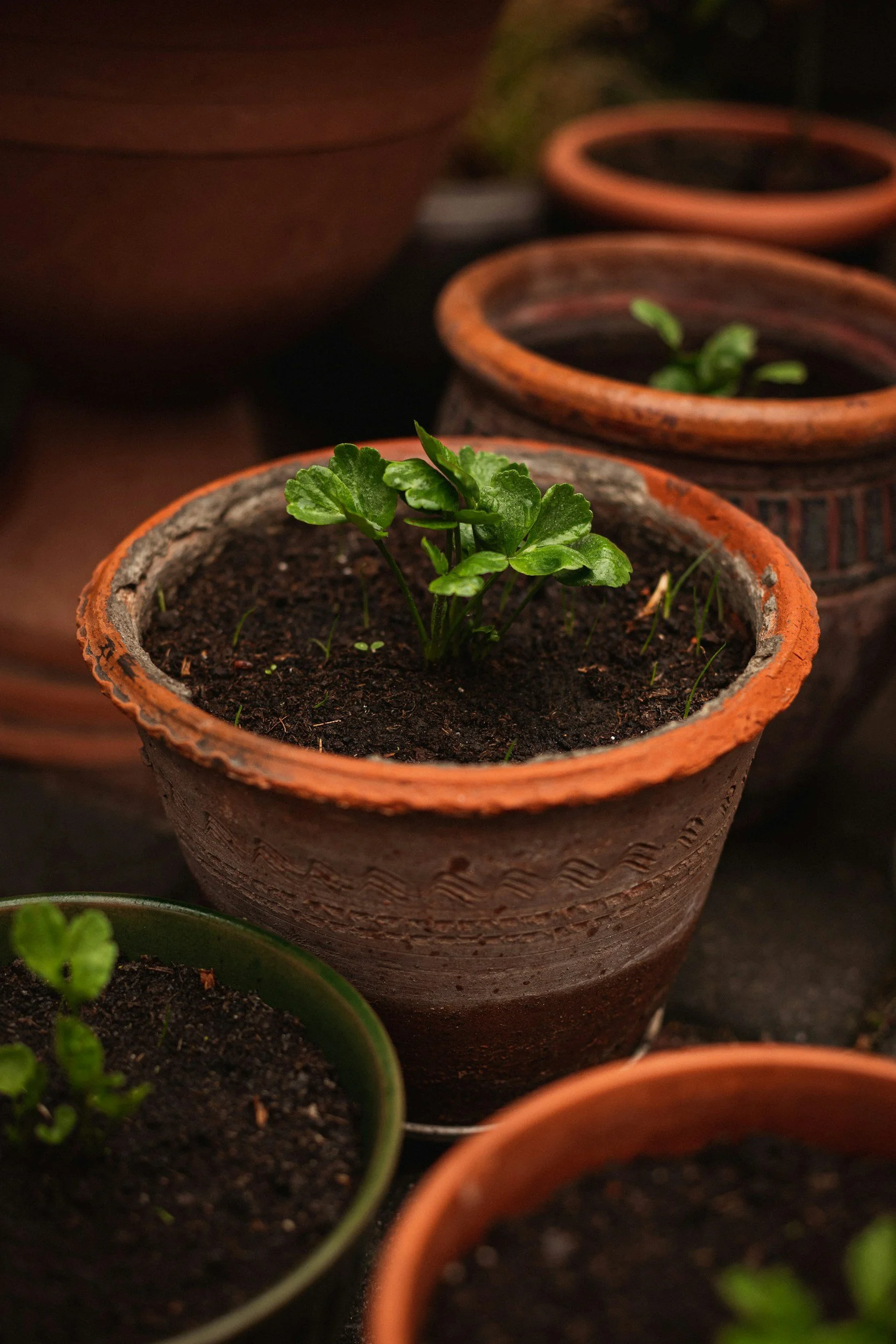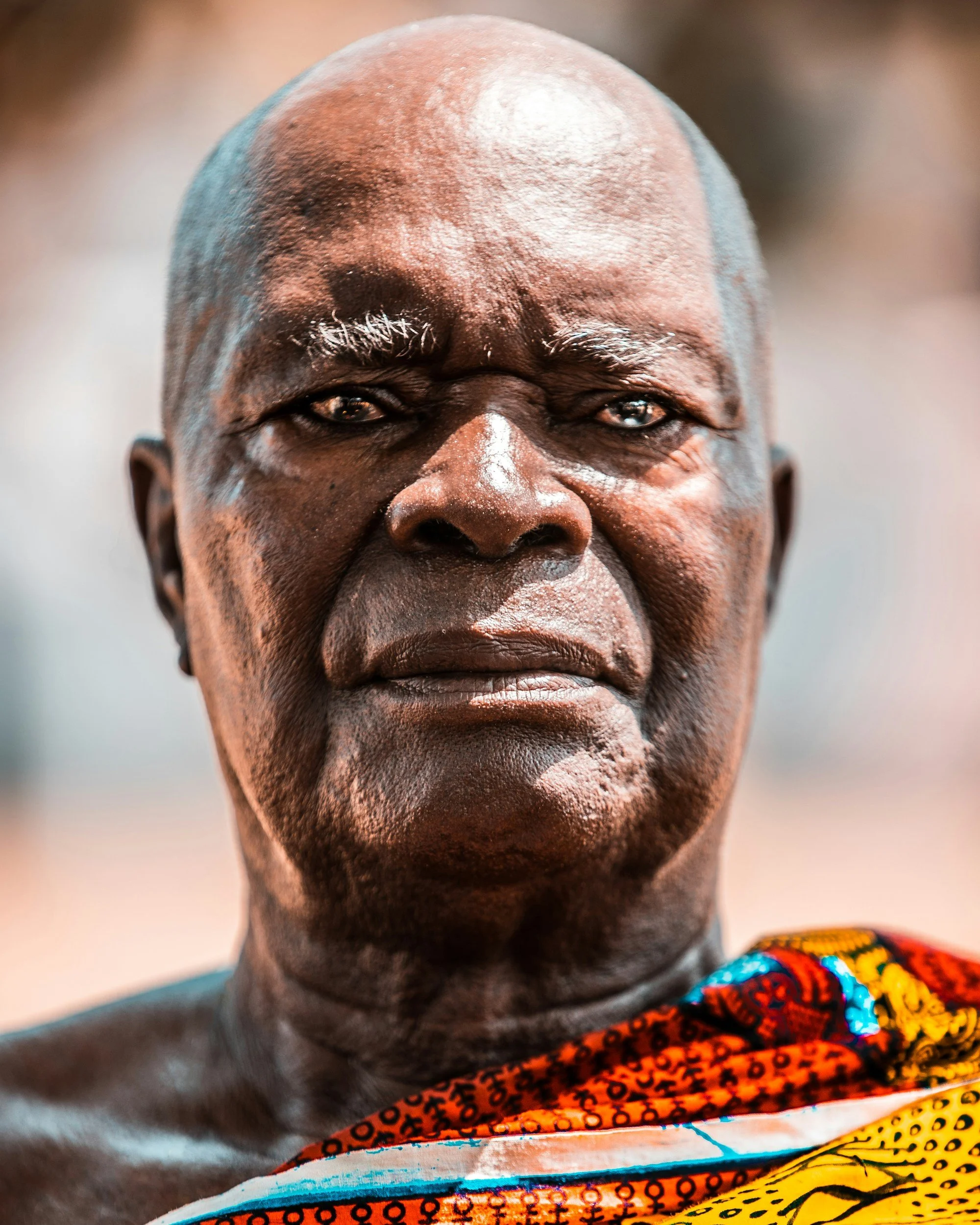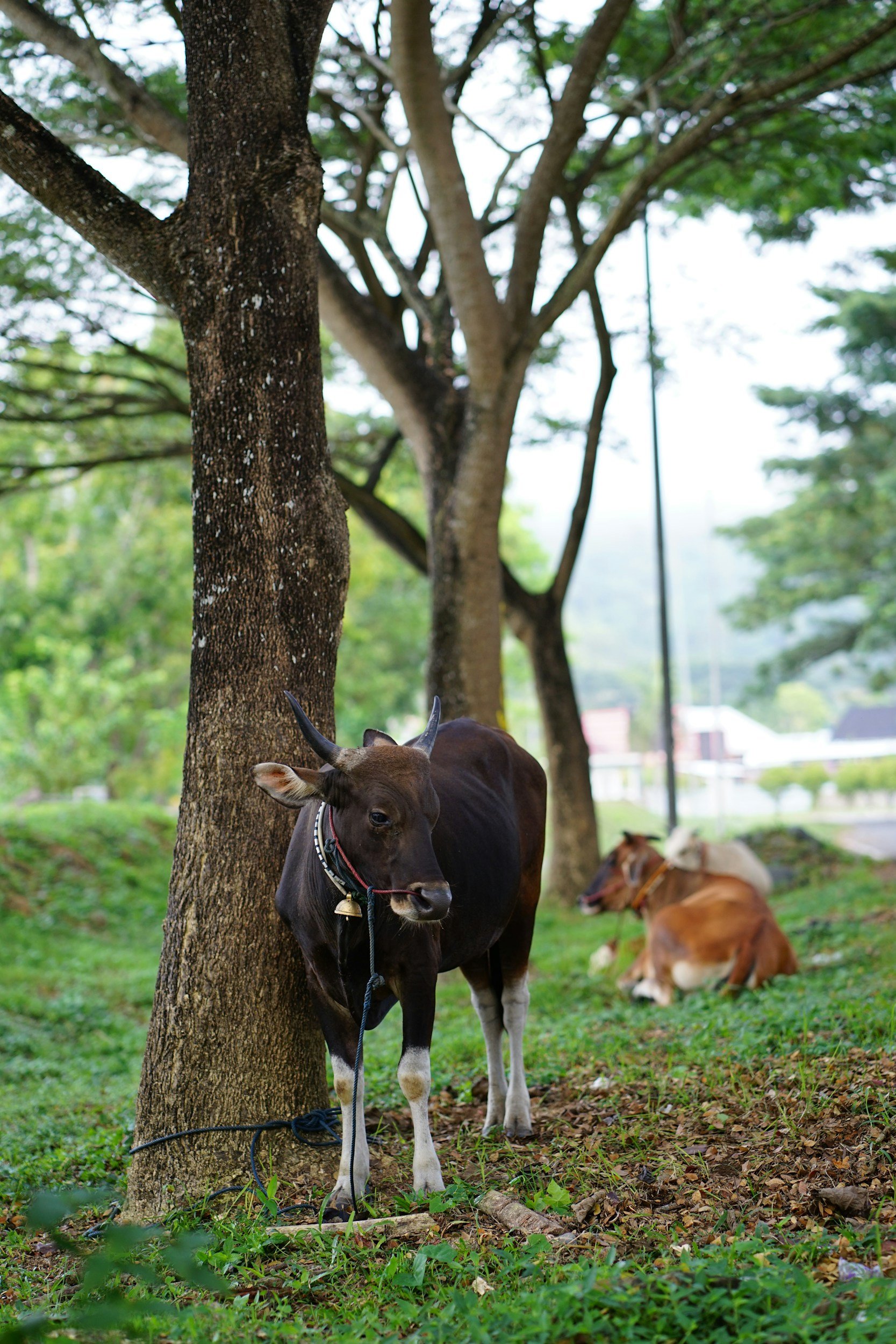This System for Removing Distractions Made Me a Better Dibia
Being a dibia requires holistic dedication and the discipline to create an environment that nurtures spiritual, mental, and physical alignment. This alignment is essential because the power and efficacy of any dibia's work stem from the energy they carry. Becoming the best dibia I can be means eliminating distractions that prevent me from reaching this alignment. Here, I share a system that has been transformative in my journey toward mastery and how it can make a significant impact.
The Foundation of Alignment
To thrive as a dibia, every action must support the energy you bring into your work. I realized early on that while talent and calling are foundational, mastery is a continuous effort. The whole point is to reach the level where achieving results becomes almost effortless. This type of mastery is my ultimate goal, and my system for removing distractions helps maintain that focus.
The Practices That Strengthen My Commitment
Mindful Consumption: I avoid foods that leave me feeling sluggish, heavy, or mentally clouded. Food is energy, and what I consume directly impacts how I perform rituals and connect spiritually. I focus on eating natural and energizing foods that allow me to maintain clarity and strength.
Honoring Ancestral Taboos: Part of my practice involves understanding and observing the taboos my ancestors held sacred. These may include avoiding certain foods, behaviors, or interactions. After studying their purpose, I align my lifestyle with energies that support my spiritual path and do away with those that don’t.
Focusing My Learning: Time is a finite resource, so I choose to focus my learning on areas that are directly relevant to my growth as a dibia. Seeking out experts in these areas, and learning deeply, ensures I build skills efficiently. This kind of focus prevents me from getting sidetracked by knowledge that may seem interesting but doesn’t serve my current path.
Complete Adherence and Self-Assessment: When I learn from others (coaches or dibias), I follow their instructions fully before evaluating them. This can apply to a new ritual or practice, either way, I commit to it entirely. Afterward, I assess its effectiveness for me. If something doesn’t serve me, I release it. This method helps me respect and test the knowledge of others while tailoring my practice to my needs.
Selective Guidance: I don’t take advice from those whose actions don’t align with what I aspire to be. For example, I won’t seek meditation tips from someone who doesn’t prioritize meditation. This selective approach keeps me aligned with my goals and saves me from distraction.
Regular Elimination of Non-Essentials: Every so often, I assess my daily activities and remove anything that doesn’t contribute to my ideals. This habit of purging non-essential activities helps me stay focused on my larger mission.
Grounding in Nature and Silence: Regular time in nature and being able to sit in silence are really good for reflection. Nature has a grounding effect that helps me stay connected to my spiritual center. It also provides the ideal space for meditation and energy alignment.
The Distractions That I Actively Combat
Impatience: Progress in spiritual growth takes time, and impatience can derail that growth. Whenever I find myself rushing, I take a step back and remind myself that mastery is a marathon, not a sprint.
Self-Judgment: It’s easy to be overly critical, especially when comparing oneself to others. This mindset can lead to doubt. I remind myself that growth is unique and continuous; as long as I learn from my mistakes, I am on the right path.
Shiny Object Syndrome: Just because something appears appealing or is working for someone else doesn’t mean it’s for me. I focus on what I know serves my path and avoid being pulled in multiple directions by attractive but unrelated pursuits.
Media Overload: The endless stream of content online is tempting, but it’s a major distraction. To maintain balance, I create intentional breaks from media and spend that time in quiet reflection or study.
Demands on Time: Being skilled in a field means many will seek your attention. I’ve learned to set boundaries and politely decline requests that don’t align with my priorities.
Opinions of Others: While feedback can be valuable, it’s important to differentiate between opinions that add value and those that don’t. I remind myself that the opinions of others, especially when uninformed, do not define my journey.
A Final Thought
The goal of this system is not just to become a better dibia but to reach a level where achieving great results takes minimal effort on my part, which is a measure of mastery. This journey is about consistency, learning, and evolving into the most aligned and effective version of oneself. It’s not an easy path, and there are times I stray from my commitments, but self-reflection helps me course-correct. Mastery is a continuous process, and each step brings me closer to becoming the best dibia I can be.
Action Plan: Identify and remove one significant distraction in your life today. Reflect on how its absence impacts your journey toward personal and spiritual alignment.





























